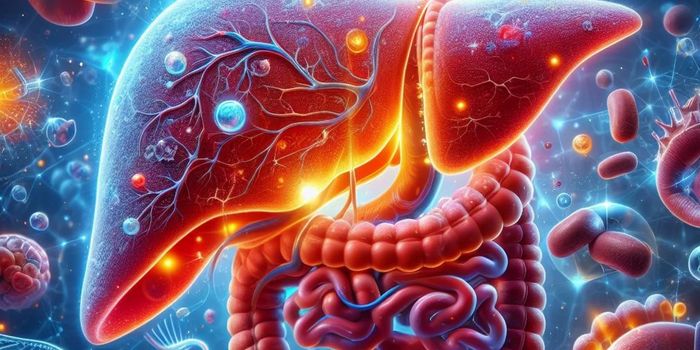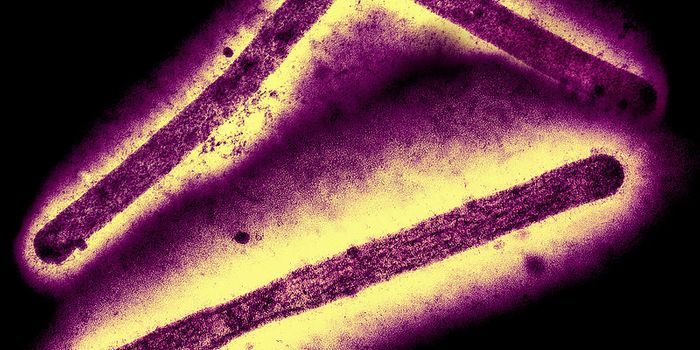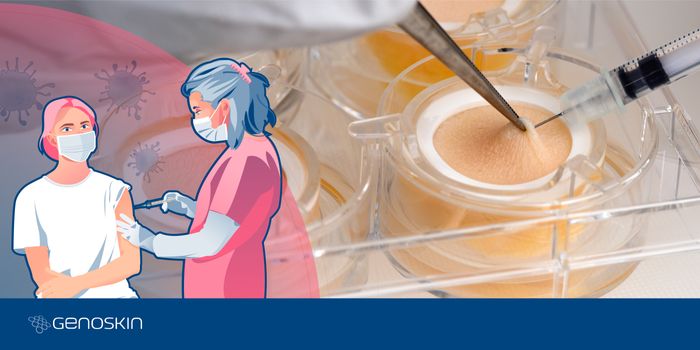Anticoagulants Target a Weak Spot in Coronavirus Variants
Australian researchers have found a new molecular binding site on the coronavirus that causes COVID-19, a discovery that paves the way for new drug targets to treat COVID-19.
The virus’ spike protein binds to heparan sulfate on the surface of host cells, which forms the first step in the infection cascade. This interaction has been in the research spotlight as scientists scrambled to identify drugs, vaccines, and antibodies capable of blocking the spike protein’s receptor-binding domain, or RBD, from latching onto human cells.
Now, scientists discovered a novel binding site on a different region of the coronavirus’ spike protein known as the N-terminal domain (NTD). SARS-CoV-2 variants often have mutations in this NTD site.
Antibodies produced by patients that recovered from COVID-19 were found to bind to the NTD to neutralize the virus. This clue led the research team to hypothesize that the same site could be targeted to stop the virus from infecting human cells.
“Therefore, targeting the NTD site with molecules like heparin (or heparin mimetics), a known anticoagulant drug similar to HS, is a possible strategy to stop the virus binding to cells and infecting them,” explained Zachariah Schuurs, one of the investigators. Anticoagulants are typically administered to prevent blood clots and reduce patients’ chances of developing life-threatening conditions such as strokes and heart attacks.
According to the researchers, there is an urgent need to expand our current arsenal of therapeutic weapons against the coronavirus, particularly given the rapid spread of dangerous SARS-CoV-2 variants. Vaccine coverage is still low in many parts of the world, increasing the likelihood that vaccine-resistant variants will emerge. Indeed, variants of concern that are more contagious and cause more severe infections have emerged throughout the pandemic.
In their study, the scientists used 3-dimensional molecular mapping techniques to show how negatively charged heparin (an anticoagulant molecule) could bind to positively charged mutations in the spike protein. This opens the door to heparin being used as a potential broad-spectrum antiviral drug against current and emerging SARS-CoV-2 variants.
Sources: QUT News, Computational and Structural Biotechnology Journal.










